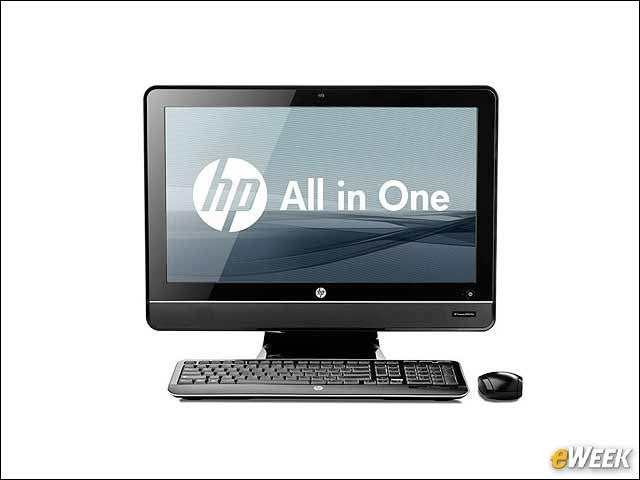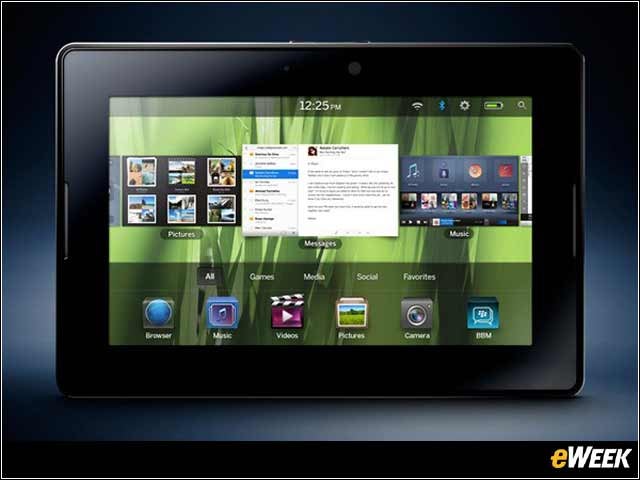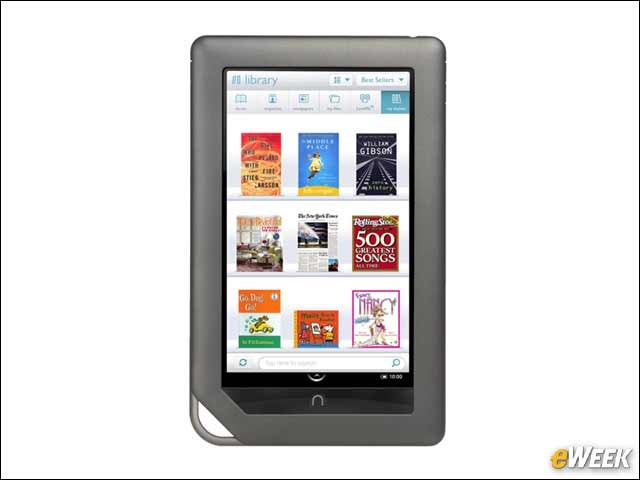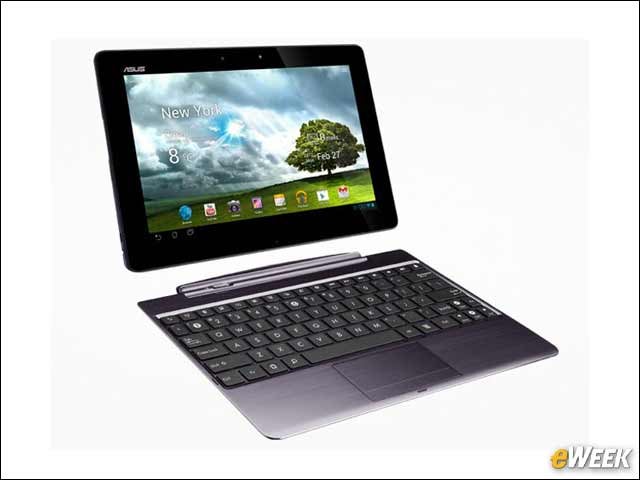eWEEK content and product recommendations are editorially independent. We may make money when you click on links to our partners. Learn More.
2Tablets Blindside Acer
Acer has been unable to protect itself from the tablet onslaught. The company stubbornly stuck to PCs, thinking that the dramatic shift in mobile device demand was a temporary situation it could work through with patience. Instead, as Acer itself pointed out in its latest earnings release, tablets have wreaked havoc on its operation. Now it is bringing in a new CEO to hopefully fix the problem.
3HP Struggles to Create a Successful Tablet Design
Hewlett-Packard has tried on numerous occasions to become a tablet maker. First, the company offered up its Slate tablet, which quickly failed. It then tried a tablet for enterprise users that was again ignored. HP, which has years of experience making tablets and other handheld computers, is still trying to find a successful design that will appeal to buyers. But so far, it appears to be an exercise in futility.
4Dell Retreats From North American Tablet Market
Dell is another one of those companies that tried and failed to make a mark in the tablet space. Dell’s Streak line of slates was supposed to help the company compete with the iPad. Instead, Dell quickly discontinued the devices in certain markets. Now, Dell is offering tablets overseas but has all but given up in North America. The iPad did a number on Dell.
5BlackBerry’s PlayBook Fails to Slow Mobile Device Maker’s Slide
BlackBerry offered the PlayBook not long ago as it tried to stay afloat in an increasingly competitive mobile market. Unfortunately, the PlayBook did a poor job of bridging the gap between home and enterprise use, and a shortage of business applications proved to be a major issue for corporate IT decision-makers. The PlayBook only contributed to BlackBerry’s steep decline.
6Barnes & Noble Nook Can’t Overcome Kindle Fire, iPad
Barnes & Noble’s Nook HD was once viewed as a fine budget-friendly option for tablet shoppers. But as the company and its recent joint venture with Microsoft have shown, the Nook is losing steam in a big way. Amazon’s Kindle Fire continues to appeal more to consumers, and Barnes & Noble has yet to address the strong demand for the iPad. It’s a one-two punch Barnes & Noble must shake off or get out of the market.
7Android Dooms Motorola’s Xoom
Before Google acquired Motorola, the company tried its luck in the early days of tablets with the Xoom. The device came with a 10.1-inch screen and appeared at first glance to be a fine iPad alternative. But then users discovered that the Android software wasn’t ready to be effective or competitive on tablets. By that time, Motorola had other market troubles to deal with and the Xoom was quickly discontinued.
8Microsoft Tablet Hopes Re-Surface
Microsoft is doing a better job appealing to tablet customers right now, thanks to its new and improved Surface 2. However, the company was slow to see the tablet tidal wave coming and allowed Apple and Google to establish market leadership in smartphones as well as tablets before it could react with some semblance of a competitive response. Some analysts say that Microsoft’s tablet troubles are a key reason why Steve Ballmer is on the way out.
9Intel Trying to Make Up for Lost Time in Mobile Market
Intel is in deep trouble. Although the company is still a leader in PC chips, it was exceedingly slow to react to mobile products. The delay only encouraged mobile device makers to invest in the ARM architecture while Intel continued to promise new major low-power processors for the mobile market. Intel is still hoping to improve its mobile operation, but it might be too little, too late.
10Asus Hurt by Commitment to Netbooks
Asus is an odd story. The company is delivering to the market some of the better tablets, including its Transformer Pad tablet line, which can be quickly shifted into notebook mode. But Asus was also a heavy investor in netbooks—a class of lightweight PCs that the iPad demolished before they really had a chance to catch on in the market. That has hurt Asus. It’s not clear yet whether Asus can still succeed with tablets. It just might.
11AMD in a Worse Situation Than Intel
Advanced Micro Devices is in an even worse position, if possible, than Intel. AMD has watched Intel eat its lunch on the PC side and now has practically no processor presence in mobile. AMD has always had high hopes for growth, but the company has largely remained a maker of processors for PCs favored by consumer enthusiasts and gamers, rather than enterprise users. However, now besides chips for game consoles, AMD is trying to develop major new markets like processors to support hyperscale data centers and embedded devices. But it remains to be seen if it can take full advantage of these business opportunities.










